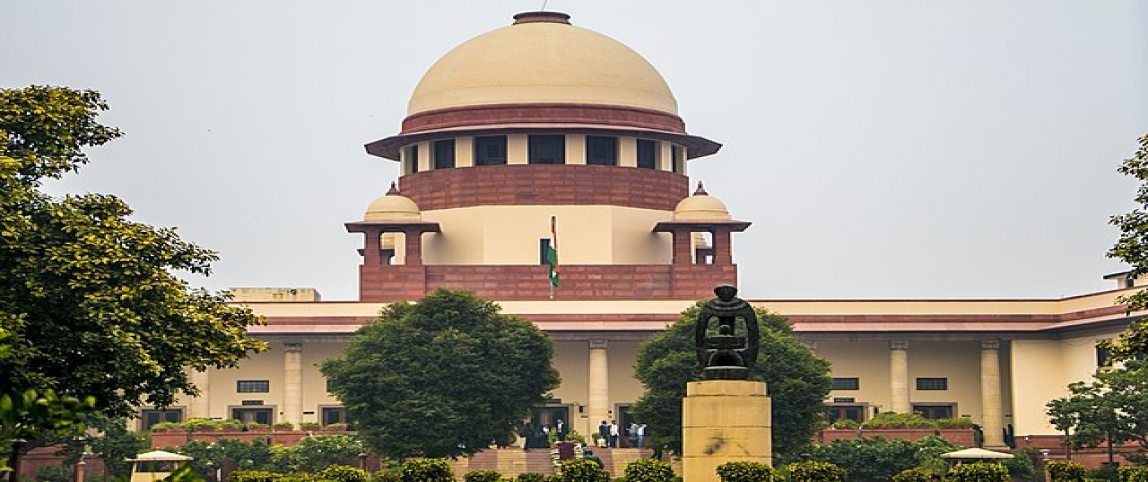India Needs to Fill Existing Vacancies for Judges Urgently, and Create Posts for More
THE TRIBUNE EDITORIAL | 19/12/2023
Text Size:
THE ever-rising pendency of court cases in India is inextricably intertwined with the acute shortage of judges. According to a report prepared by the Supreme Court, the Indian judiciary has less than 21,000 judges to handle a humungous caseload of more than five crore. As on November 21, there was a pendency of 4.4 crore cases in district and taluka/tehsil courts, 61.7 lakh in High Courts and 79,593 cases in the Supreme Court. The report says that from 2015 to 2022, the backlog increased by 59 per cent, while the judges’ strength in the district judiciary — which represents the judicial system at the grassroots level — rose by only 22 per cent.
The tardy process of filling judges’ vacancies has a considerable bearing on the rate of disposal of cases and consequently, on the judiciary’s ability to ensure timely delivery of justice. Presently, there are around 14.2 judges per million people in the country. Going by India’s current population, a total of 69,600 judges are needed against the present sanctioned strength of 25,081 (for the district judiciary) to achieve the optimum ratio of 50 judges per million. In 2002, the apex court had endorsed the Law Commission’s 1987 recommendation to increase the judges’ strength to 50 per million population and directed the government to do the needful in five years. However, successive governments have failed to prioritise this matter.
Bridging the gap between the judges’ sanctioned and working strength is a collaborative exercise involving the judiciary and the executive. The latter has made things worse at times by sitting on judicial appointments. This delay has partly slowed down the disposal of cases, leading to frequent adjournments and frustration among litigants. The proposed All-India Judicial Service, which is back in the spotlight after President Droupadi Murmu’s recent endorsement, can help not only in filling existing vacancies but also in raising the sanctioned strength to meet the requirement of the teeming millions.
(This article was first published by The Tribune, India).
















